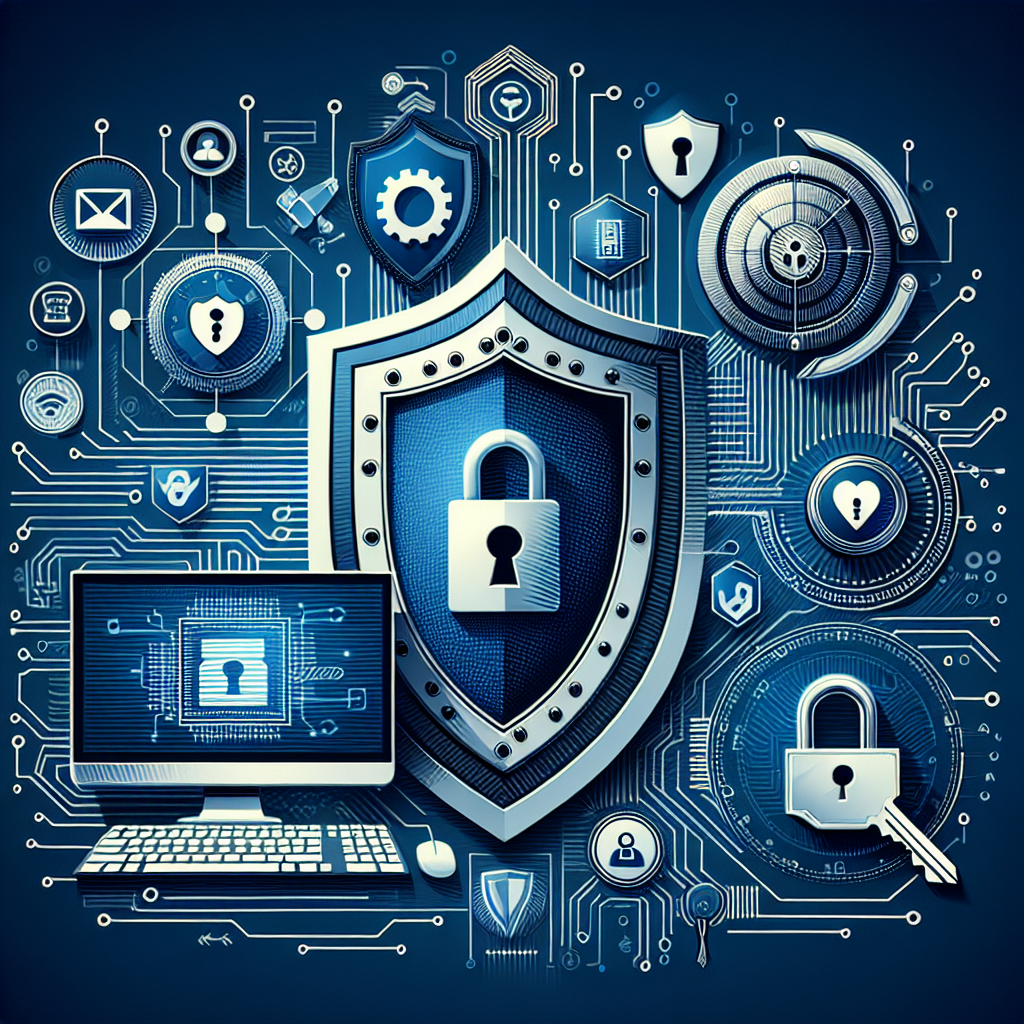In today’s digital age, protecting your personal information online is more important than ever. With cyber threats on the rise, it’s crucial to take steps to safeguard your sensitive data from falling into the wrong hands. Here are some tips on how to protect your personal information online:
1. Use strong, unique passwords: One of the easiest ways for hackers to gain access to your personal information is through weak passwords. Make sure to use strong passwords that include a combination of letters, numbers, and special characters. Additionally, avoid using the same password for multiple accounts, as this can make it easier for hackers to access all of your accounts if they manage to crack one password.
2. Enable two-factor authentication: Two-factor authentication adds an extra layer of security to your accounts by requiring a second form of verification, such as a code sent to your phone or email, in addition to your password. This can help prevent unauthorized access even if your password is compromised.
3. Be cautious with sharing personal information: Be wary of sharing personal information online, especially on social media platforms. Avoid posting sensitive information such as your address, phone number, or financial details on public profiles, as this information can be used by cybercriminals for identity theft or fraud.
4. Update your software regularly: Keeping your software up to date is essential for protecting your personal information online. Software updates often include security patches that address vulnerabilities that hackers can exploit. Make sure to regularly update your operating system, web browser, and antivirus software to ensure that you have the latest security protections in place.
5. Use secure connections: When accessing sensitive information online, such as banking websites or online shopping portals, make sure to use a secure connection. Look for websites that use HTTPS encryption, which helps protect your data from being intercepted by hackers. Avoid accessing sensitive information on public Wi-Fi networks, as these networks are often unsecured and can be easily compromised.
6. Be cautious with emails and messages: Phishing attacks are a common tactic used by cybercriminals to steal personal information. Be cautious when clicking on links or downloading attachments from unfamiliar emails or messages, as these could be malicious and compromise your data. If you receive a suspicious email, verify the sender’s identity before taking any action.
By following these tips, you can better protect your personal information online and reduce the risk of falling victim to cyber threats. Remember to stay vigilant and proactive in safeguarding your sensitive data in today’s digital world.


Leave a Reply